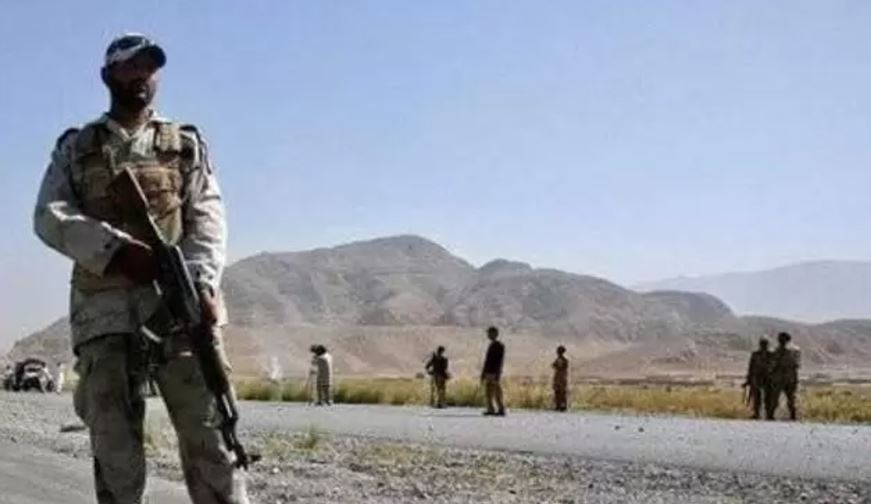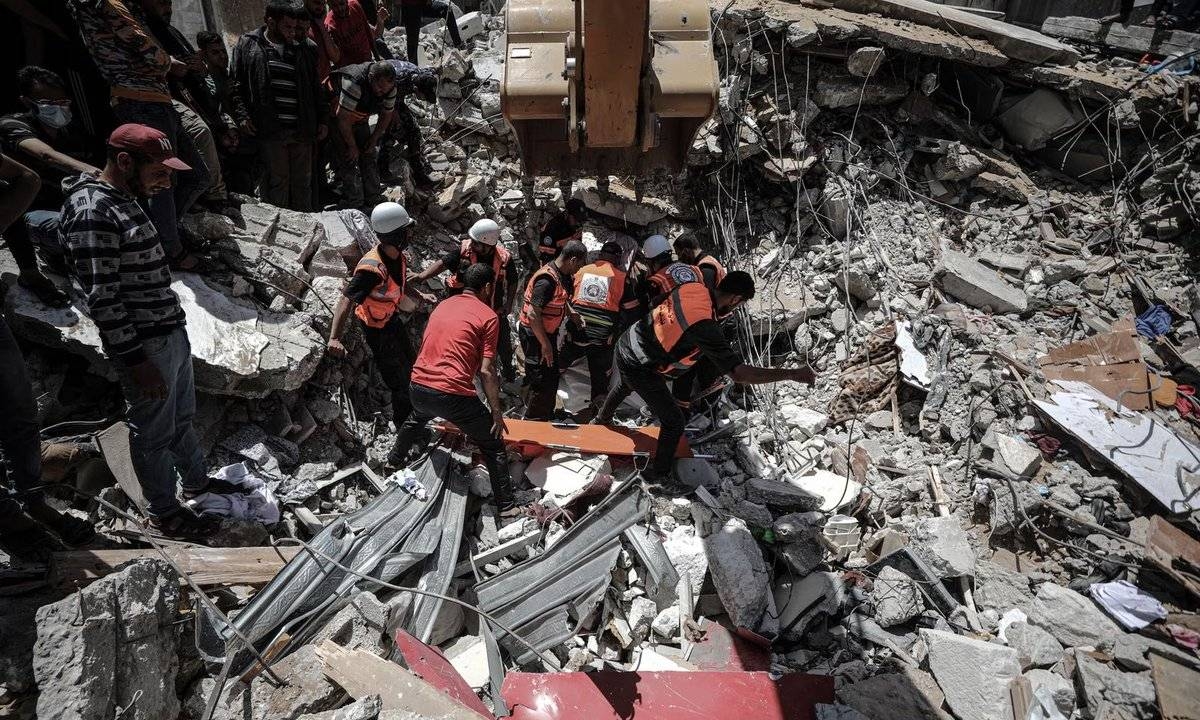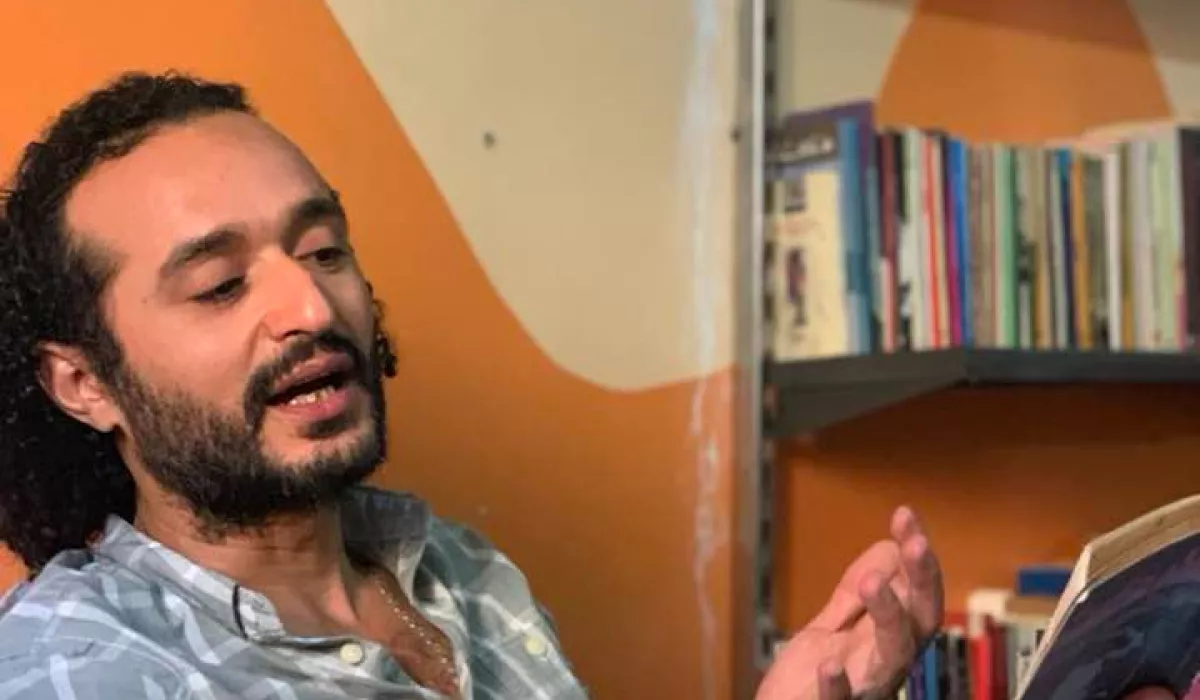
Militants Behind Khalil Jibran’s Murder Killed in Khyber Operation
December 1, 2024
Journalist Beka Beradze Beaten and Detained Amid Tbilisi Pro‑EU Protests
December 1, 2024December 1, 2024 – Syria –
As military escalations continue across Syria, journalists remain among the most vulnerable groups, facing mounting threats from all sides of the conflict. A December 1, 2024, report by The Levant News outlines the dire conditions under which Syrian reporters operate, including frequent attacks, arbitrary arrests, forced exile, and growing state censorship.
In northern and northeastern Syria—particularly in regions like Manbij, Kobani, and around Aleppo—journalists risk their lives covering shifting frontlines. In recent weeks, Turkish airstrikes and clashes involving rebel factions like Hay’at Tahrir al-Sham (HTS) have intensified, killing at least two Kurdish journalists in a drone strike near Tishreen Dam. Covering military operations, refugee movements, or the impact on healthcare facilities in these areas has become a life-threatening assignment.
In regime-controlled areas, especially Daraa, independent reporting is almost impossible. Journalists employed by the state-run Syrian Arab News Agency (SANA) face severe restrictions and constant surveillance. Any deviation from official narratives can result in dismissal, detention, or torture. Meanwhile, independent journalists—particularly those exposing corruption or security abuses—are regularly threatened or driven into hiding. The climate of fear has driven many to flee the country, though even in exile, safety remains elusive.
Neighboring states like Lebanon, Jordan, and Türkiye offer little refuge. Syrian journalists in these countries are often subject to deportation, intimidation by foreign intelligence services, or silencing through visa denials and economic precarity. The result is a fragmented media landscape where truth-tellers are systematically pushed to the margins.
Since the start of the Syrian conflict in 2011, more than 700 journalists have been killed, and hundreds more imprisoned or kidnapped. The Syrian regime is responsible for the majority of these abuses. Meanwhile, press freedom organizations warn that Syria’s media space is shrinking rapidly under the dual pressures of authoritarian control and military conflict.
Journalists in Syria are not just documenting war—they are caught within it. Their continued survival depends on urgent international action to provide protection, legal support, and pathways for independent reporting. Without them, Syria risks losing its last credible witnesses to a war where silence has long been a weapon.




